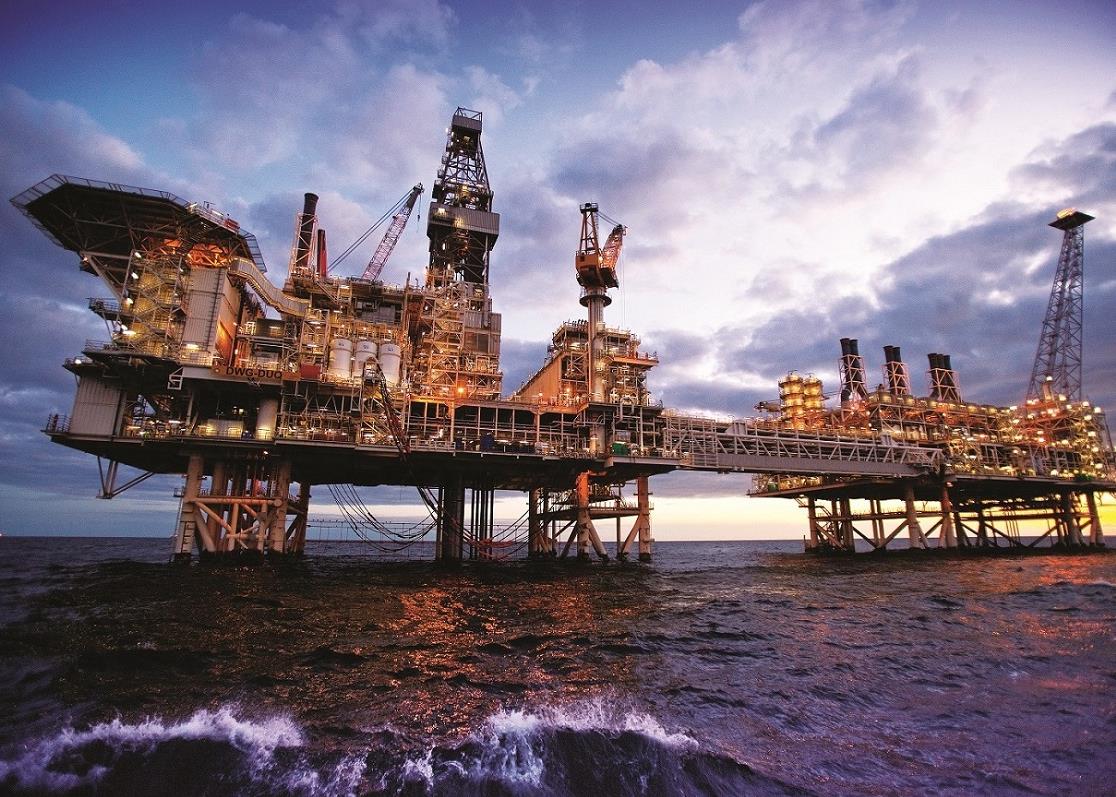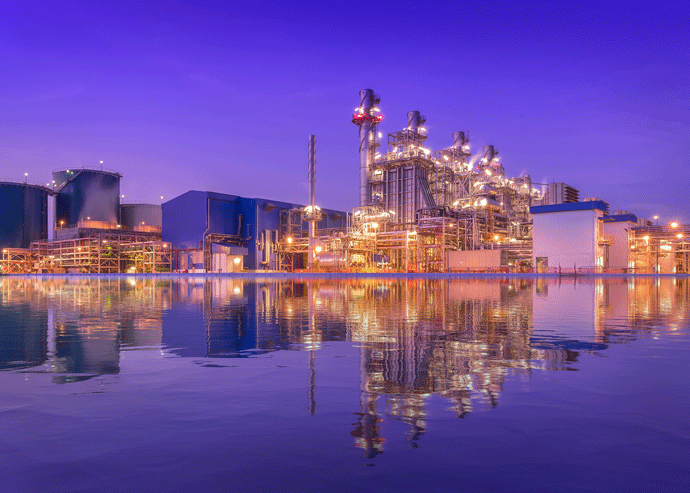
The island kingdom’s lack of oil and gas resources has made it resourceful in other areas and it has made pioneering advances in developing its infrastructure, banking and finance, and a diversified economy
Bahrain has a well-earned reputation in the Gulf region as a pioneering developer of both social and economic infrastructure. As well as introducing robust educational and legal frameworks, the country was the first in the region to exploit its oil and gas reserves in the early 20th century.
IT, pharmaceuticals and certain green industries are all sectors we’d like to attract to the country
Hassan Fakhro, industry and finance minister
Ironically, due to a lack of substantial oil and gas reserves, the Gulf’s smallest country – with a population of 727,785 in 2009 – was also the first in the region to develop a diversification strategy for its economy.
But, while Bahrain has made major advances, especially in high-value areas such as banking and finance and heavy industry, the country still depends heavily on hydrocarbons. Petroleum production and refining account for 70 per cent of Bahrain’s revenues, and make up 11 per cent of its gross domestic product (GDP).
World-class transport
Geographically, Bahrain is well positioned and for such a small country the island state boasts a world-class transport infrastructure. The country opened the $500m Khalifa bin Salman Port in 2009 and the facility has a capacity of over 1 million twenty foot containers a year. The port is also hoping to become the northern Gulf’s main trans-shipment hub. Bahrain has an international airport; a causeway connect to Saudi Arabia and a proposed causeway to Qatar is being considered.
Oil production in the first quarter of 2010 was 152,280 barrels a day (b/d), up from 149,725 b/d in 2009. Bahrain also imported 236,000 b/d in the first quarter of 2010, up from 180,000 b/d last year.
The Bahrain refinery also boosted production in the same period to 270,000 b/d, up from 230,000 b/d in 2009.
Bahrain has also built up an impressive banking and finance sector, which is one of the world’s leading Islamic banking centres. Financial services make up 27.6 per cent of Bahrain’s GDP and the sector has more than 400 licensed institutions, employing 14,000 people, 67 per cent of which are Bahraini.
The financial services sector is regulated by the Central Bank of Bahrain (CBB), which took over this responsibility from the Bahrain Monetary Agency. As well as regulating the financial services sector, the CBB also implements monetary and foreign exchange rate policies and issues the national currency.
Bahrain’s plans for industrial diversification started more than 40 years ago and the country was the first in the Middle East to build an aluminium smelter.
Today the Aluminium Bahrain smelter has an output of about 870,000 tonnes a year (t/y) and there are plans to increase the capacity to 1.2 million t/y.
A thriving aluminium downstream industry, including a rolling mill, extrusion plant and rod plant, has been created around the smelter with Alba providing the primary metal in the form of billets, ingots and molten aluminium.
The Bahraini steel industry is also flourishing, thanks to some major investment over the past five years.
In April this year, Kuwait’s Gulf United Steel Holding Company inaugurated its $700m, 6 million t/y iron ore pelletising plant as well as a 100,000 t/y stainless steel mill.
The company also announced that contracts for the construction of a $1.2bn steel mill at the Hidd Industrial Estate had been signed with major international contractors, such as Japan’s Kobe Steel, South Korea’s Samsung Engineering and Germany’s SMS Group.
However, while traditional industries such as aluminium and steel production are important in the Gulf state, Bahrain also plans to attract more diverse sectors.
Modern industries
“We would like to have more modern industries. IT, pharmaceuticals and certain green industries are all sectors we’d like to attract to the country,” says Bahrain’s industry and finance minister, Hassan Fakhro. “We want to more than double modern industry’s contribution to the GDP. It is 18 per cent now and there is no reason why it shouldn’t be double that in the foreseeable future.”
Bahrain has constructed a number of business parks to accommodate the wished-for influx of industry to the country. Bahrain International Investment Park, Bahrain Investment Wharf and Bahrain Logistics Zone have all been built recently with a view to offering potential investors the opportunity to base their businesses in Bahrain.
Taking the Bahrain International Investment Park as an example, by the end of the first quarter of 2010, $118m-worth of new businesses had agreed to relocate to the park, with the creation of 541 jobs.
“Bahrain’s reputation in the Gulf has always been that of an initiator,” Fakhro says. “And, with our plans for the future, I can’t see that reputation changing.”
You might also like...

Adnoc Offshore awards Upper Zakum contract
17 April 2024

Oman awards Batinah coastal road contract
17 April 2024

Oman appoints Al Khuwair Downtown project manager
17 April 2024
A MEED Subscription...
Subscribe or upgrade your current MEED.com package to support your strategic planning with the MENA region’s best source of business information. Proceed to our online shop below to find out more about the features in each package.









